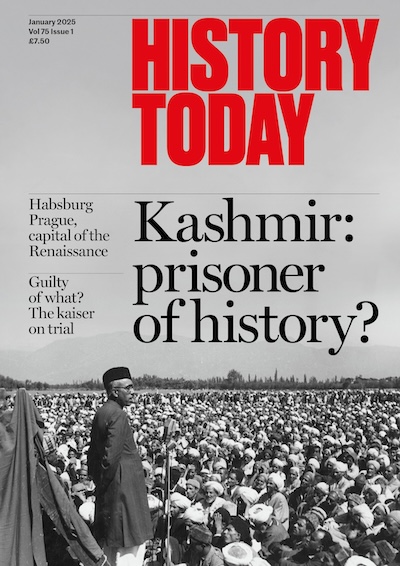The Great Copper Trials
Set–piece contests about industrial pollution are nothing new – as Ronald Rees reveals in this tale of epic legal struggles in south Wales during the Industrial Revolution.
Townsmen and farmers have seldom been allies, and never less so than in nineteenth-century Britain. Rapid industrial and commercial growth tipped economic and political balances in favour of the towns, and the unregulated physical growth of the latter engulfed or destroyed much agricultural land. One zone of intense conflict, where continual chafing of the countryside by a particularly offensive industry provoked periodic outbursts of litigation, was the western end of the south Wales coalfield.
For most of the nineteenth-century Swansea (Abertawe) and a handful of its neighbours along the coast smelted virtually all of Britain's copper and much of the world's. Copper smelting brought wealth to the district, but at a substantial cost. The ores of copper are notoriously impure and the many roastings and meltings required to drive out the impurities and separate the metal from the ore produced mountains of slag and furnace ash, and billowing clouds of foul-smelling smoke that was laced with sulphur and arsenic.





